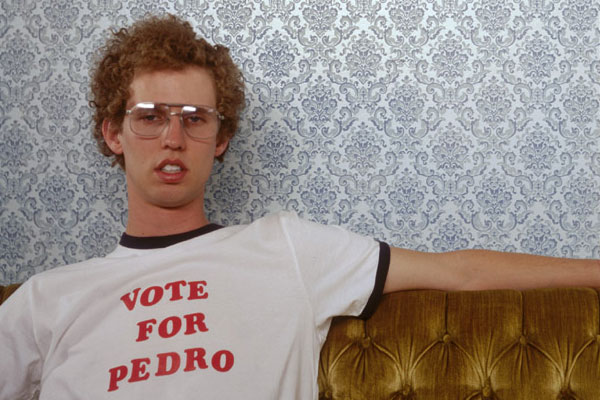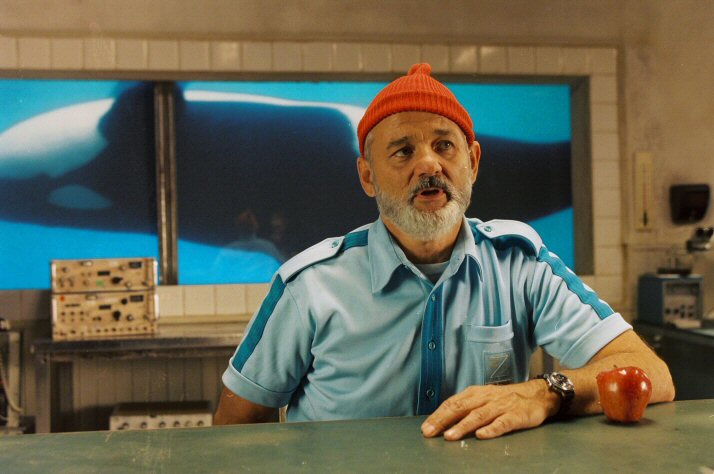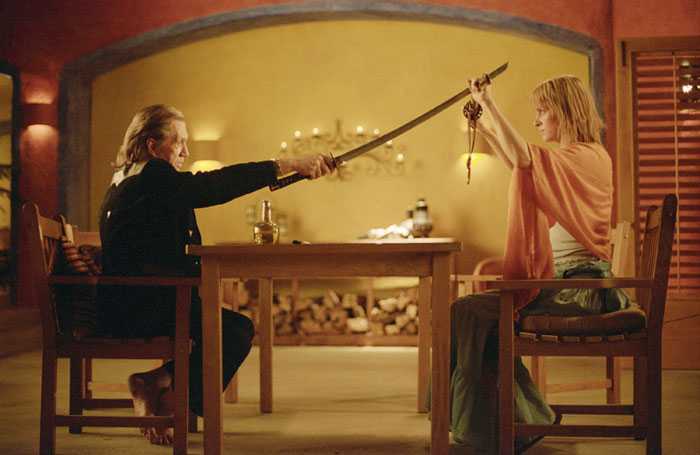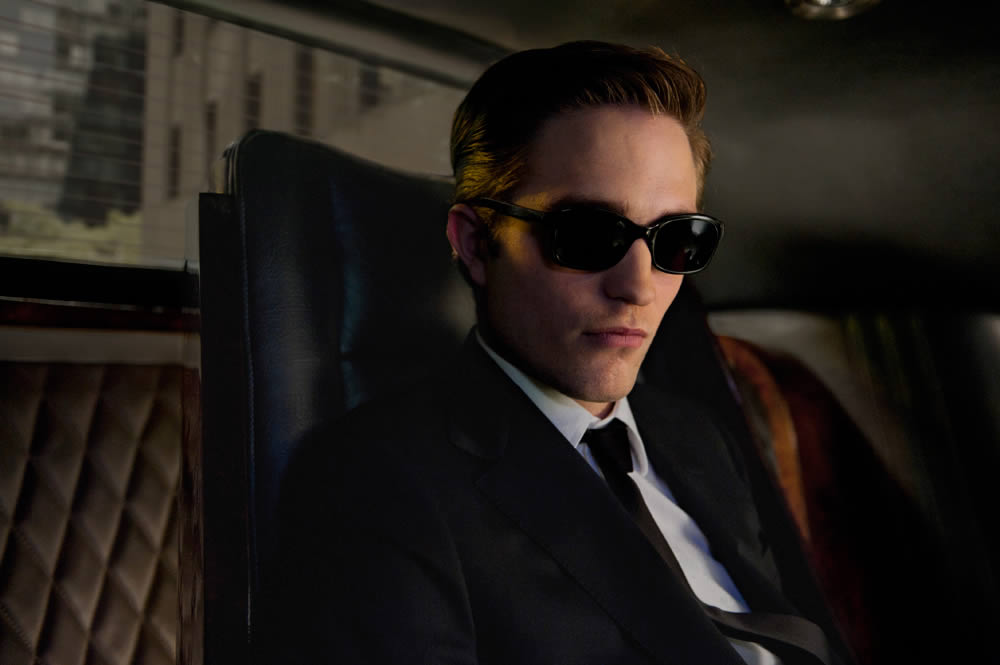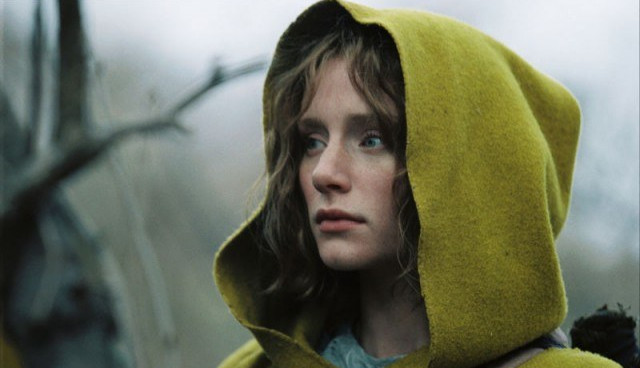
Cinema has produced some rough diamonds and some that are like a composite of a beautiful crystal and a rusty nail. They have become known in the modern lexicon as “marmite movies”; films that polarize critics and audiences alike. Like the substance itself, marmite is either so good it’s part of your taste buds or it’s so bad it tastes like sea salt mixed with ear wax.
Not every lauded masterpiece is liked and not every critically lambasted film is disliked. One’s favourite film could be slated by your best friend and contended about for decades to come. There is a certain amount of fun in defending or attacking a film; either way, said film has made a strong impact.
A film is loved or hated for all kinds of reasons; maybe this film reminds you too much of a past incident that you would rather forget, or perhaps this film is the love letter you were never able to write, expressed in images, a cinepoem that is as close as it can get to expressing your deepest feelings.
Maybe this film is not as pretentious as others have said and taps into the most inner depths of truth. Or maybe this film over here is dangerous to you; a seemingly well-intentioned film but really a propaganda piece cleaving into your subconscious.
Here is a list of 12 marmite movies with no particular emphasis on whether one film is more marmitier than the other. This writer has selected these 12 because they are ones most vivid and fresh in the mind at the time of writing.
12. Napoleon Dynamite (2004)
Likes: This is a kooky film and it’s a kookiness that is refreshing in comparison to other films about listless teenagers because it is tactful; no vulgarity and profanity. It’s a quotable film intimated with a deadpan face; one to admire for its thoughtful interchanges and surprising, idiosyncratic triumpths.
Dislikes: Some may find it too weird, too droll, too caricatured. The humour can be non-sequitur and therefore sketchy. Napoleon’s indifference and unawareness of being an outcast could even be a virtue and a suggestion of a maverick in the making – he never apologises for being himself, he is an individualist.
The film’s slow pace and composure could also be a reflection of Dynamites free-flowing mindscape, where “Ligers” wander the land and eat “delicious bass” for dinner. Napoleon may be one of the most marmitey characters ever written and if you dislike him, you’ll likely dislike the film. This is a risk the filmmakers take.
11. The Life Aquatic With Steve Zissou (2004)
Likes: A Moby Dickian story with Bill Murray in the lead role as an oceanographer seeking retribution on the “Jaguar shark” who killed his friend. One plus point to all of Wes Andersons films is the ensemble cast, often featuring the Wilson brothers, Jason Schwartzman, Willem Dafoe and Jeff Goldblum, among others. Murray stands out with an eccentric and poignant performance as a quicksilver Jacques Cousteau-inspired character.
The film’s inventiveness is a marvel too and the production design, as always, is outstanding. As with all his films, there is sorrow and the characters woes are handled with such humanity and compassion. As a whole it may reinforce your own.
Dislikes: Anderson’s inspirations may go way over the heads of some and therefore risks alienating some people. But that is just one layer and being already conversant with Anderson’s flair and exemplary eye for detail will help. There is always a lot going on in each scene and perhaps sometimes all these ideas spill out and get lost like some of the characters.
10. Kill Bill Volume 2 (2004)
Likes: Exceptional craft in what is a great homage to the martial arts and spaghetti Westerns that Tarantino loves. It’s difficult not to revel in it and his enthusiasm is infectious, that is something he’ll always have pervading his films. Uma Thurman and David Carradine are terrific in a talkier film than the first and it becomes more of a character piece as a result, giving it more substance.
Dislikes: His films seem to have gotten more violent since making Kill Bill. More often than not the violence is gratuitous and not as cartoonish as some say it’s meant to be.
That gratuity renders the film soulless, which makes sense when that violence is perpetrated by the antagonist, but when perpetrated by the protagonist, The Bride ends up being just a mirror image of those she brutally dispatches. But that is probably the point; she is cut from the same cloth and is betrayed by them and her rage is evinced. Whether one shares her bloodlust is another thing.
The violence portrayed on film is evermore convincing because of the cutting edge effects used to make it look authentic. Knowing it is just a film is barely enough to untrick the brain from experiencing traumatic images of brutality. This is the danger of the dehumanizing culture we live in.
9. Cosmopolis (2012)
Likes: Set in a mostly confined space, that of a sumptuous limousine, David Cronenberg’s adaptation of Don LeLillo’s novel is certainly an acquired taste that could need several viewings to appreciate. It works well as a commentary on the dehumanizing effects of Big Business and the cold rapidly increasing development of the technetronic era. It is zeitgeisty in that it was made around the time of the Occupy Wall Street protests.
That seething anger is translated onto screen and embodied best by Paul Giamatti. To his credit Robert Pattinson does a solid job as the hyperintelligent but morose Eric Packer, a character who from beginning to end is pretty much in an embrace with Thanatos all the while tweaking the nipples of Eros.
Dislikes: The doomsday pessimism looms more and more with each passing minute. It’s a decaying world; socially, morally and physically. The characters speak, or rather, joust with wordplay and double entendres about the economy, commerce and universal principles. But for all it’s articulation, it’s the cynicism that may grate at times.
8. Fear and Loathing In Las Vegas (1998)
Likes: Johnny Depp captures the tics and manic energy of gonzo journalist Hunter S Thompson. one can only imagine that this is what it’s really like to have a bender on a cocktail of drugs. For that, Gilliam deserves kudos for portraying the paranoia and hallucinatory, or even, density-hopping madness of a bad trip.
Dislikes: It becomes dizzying after a while with barely a moment of sobriety. There is nothing respectable about what the characters do; they are simply self-destructive, their binging an expression of a deep-seated antipathy towards life, perhaps. Certain bizarre scenes do have a laugh out loud factor, though more for the physical comedy of Depp and Del Toro rather than the actual context of them being mindless and reckless.
7. Revolver (2005)
Likes: Recommended by many for its underlying message, it’s worth stricking around for the end. It’s been done better in other films and TV shows, but because it’s the kind of message that survives generations and because it is handled with a certain degree of skill, the film just about succeeds overall.
Dislikes: It’s a frenetic film, which is no surprise being a Guy Ritchie film, but not frenetic in the way Snatch or Lock, Stock and Two Smoking Barrels is; these films are paced very well and require a certain degree of intense energy.
Revolver is frenetic in a different way; it’s rushing towards the all-important reveal because it has lots to get through and barely stops to breath, but it could have been done in a more ingenious way and with different more enigmatic actors in place of the likes of Andre Benjamin and Vincent Pastore. It is not as nonsensical as some have said, it’s the frenetic pace that makes it appear muddled at times.
